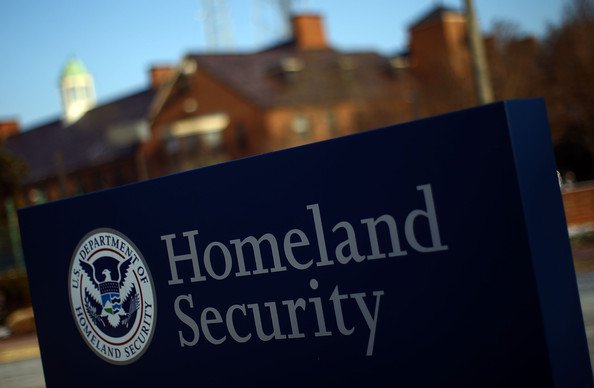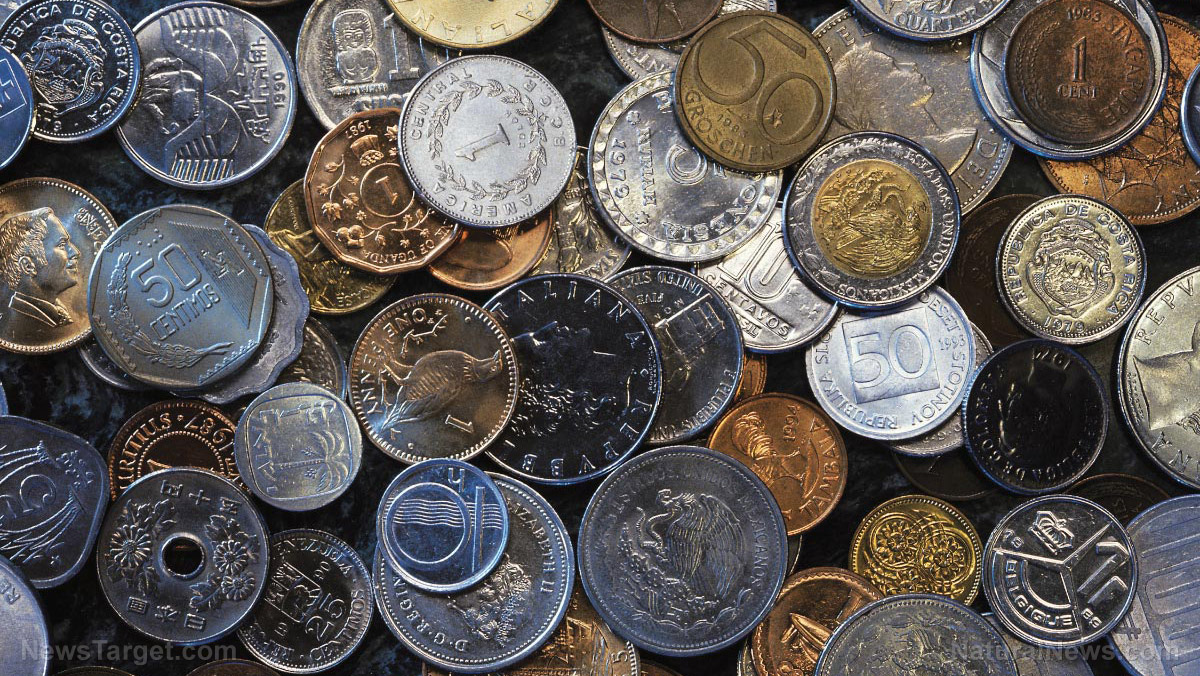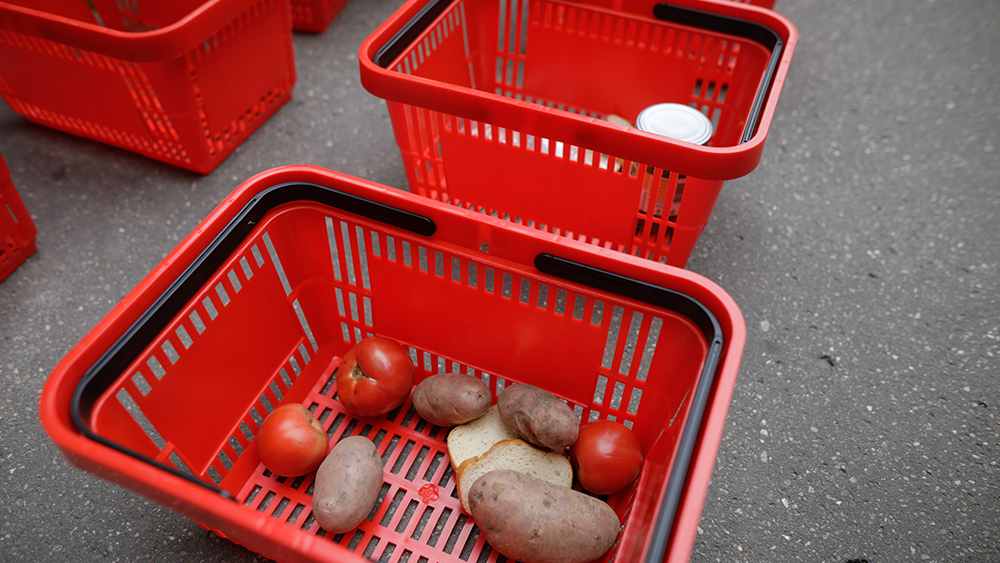German interior minister advises citizens to start storing emergency supplies
05/05/2022 / By Arsenio Toledo

In light of the recent damage done to global food supply chains, left-wing German Minister of the Interior Nancy Faeser has advised citizens to take precautions and begin storing emergency supplies.
Following the Russian invasion of Ukraine, Germany and the rest of its Western allies imposed severe economic sanctions against Russia. This has caused more damage to Germany because of its heavy reliance on Russian gas, putting into question the country’s ability to control food prices and keep electricity flowing. (Related: Collapse incoming: European nations start RATIONING food and fuel.)
“Think, for example, of cyberattacks on critical infrastructure,” said the interior minister to the daily German-language business newspaper Handelsblatt. “If the power goes out for a longer period of time or daily life is restricted in some other way, then it definitely makes sense to have emergency supplies at home.”
Faeser referred to a list of emergency supplies published by the Federal Office of Civil Protection and Disaster Assistance. The agency recommends that people have enough food and water to survive for 10 days. The agency recommends storing 20 liters (five gallons) of water, four kilograms (8.8 pounds) of vegetables and 2.5 kilograms (5.5 pounds) of fruits and nuts per person.
“We have to get up to speed here in order to be able to cope with the various crises,” said Faeser. Among the concerns she brought up are the Wuhan coronavirus (COVID-19) pandemic and the fallout Germany is experiencing from the Russian invasion of Ukraine.
Germany reinvests in its national security
Germany will also build up its crisis stocks by storing more medical equipment, protective clothing and medication for use in emergencies. In addition, Faeser said the federal government will check on the state of the country’s other protective measures.
The Russian invasion of Ukraine has led to a major policy and spending shift in Germany. After years of declining funding for the Bundeswehr, the Federal Defense Forces, German Chancellor Olaf Scholz pledged to increase defense spending by giving the armed forces an additional 100 billion euros ($106 billion).
In her interview with Handelsblatt, Faeser also said that Germany will increase spending on the civil protection office. This increased funding will be used to upgrade the country’s public shelter systems.
The public shelter system, known as the “public protective building concept,” was a program started during the Cold War to provide people with basic protection against the use of weapons of war.
The building of new public shelters was discontinued following the reunification of Germany in the 1990s, and their functional preservation was discontinued in 2007. Faeser announced that the dismantling of some existing public shelters has stopped and the government will consider investing in the ones that still exist.
“There are currently 599 public shelters in Germany. There are also some that are used differently today. We will check whether we could upgrade more of such systems,” said Faeser. “It makes sense to reactivate some of them.”
In addition to reinvesting in the public shelter system, Germany’s federal government is working on proposals to strengthen underground parking lots, subway stations and basements so that they can serve as possible emergency shelters. The German government has also given 88 million euros ($93.4 million) to states to install new warning sirens.
“But as far as nationwide coverage [of public shelters] is concerned, we’re not even close,” said Faeser.
She also noted that the country has “significantly strengthened” its protective measures against cyberattacks. She warned that the risk of a massive cyberattack has increased since the beginning of the Russian invasion of Ukraine.
“Hackers are obviously looking for vulnerabilities in order to install malware,” she warned.
Watch this episode of “Brighteon Conversations” as Mike Adams, the Health Ranger, interviews sustainable living expert Marjory Wildcraft about the coming food scarcity.
This video is from the Health Ranger Report channel on Brighteon.com.
More related stories:
Price of wholesale goods in Germany post largest annual increase in 60 years.
Food prices in Germany increase by 20-50% amid conflict in Ukraine.
Production costs in Germany rise by record-breaking 25.9% due to ongoing energy crisis.
Sources include:
Submit a correction >>
Tagged Under:
big government, chaos, Collapse, cyberwar, emergency food, emergency supplies, food collapse, food supply, Germany, Nancy Faeser, national security, panic, preparedness, survival, World War III
This article may contain statements that reflect the opinion of the author
RECENT NEWS & ARTICLES
COPYRIGHT © 2017 BIG GOVERNMENT NEWS




















